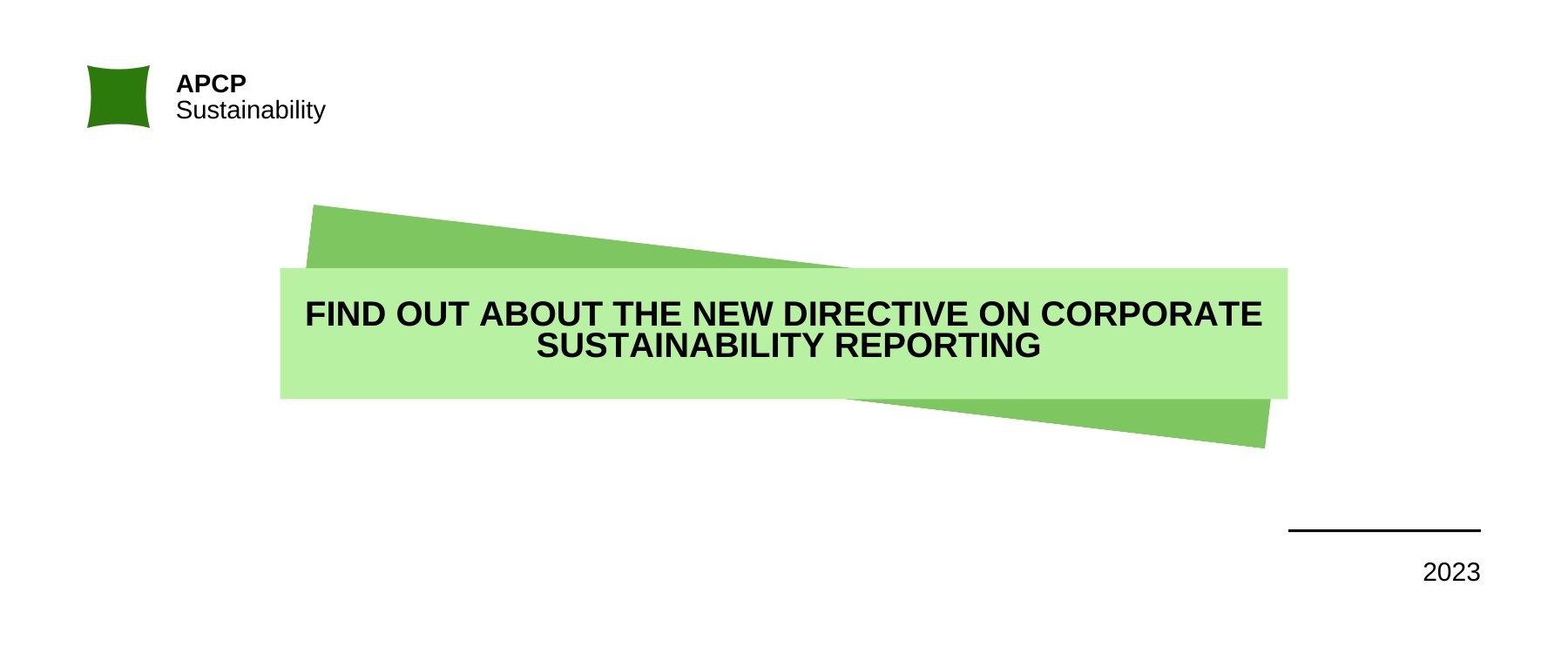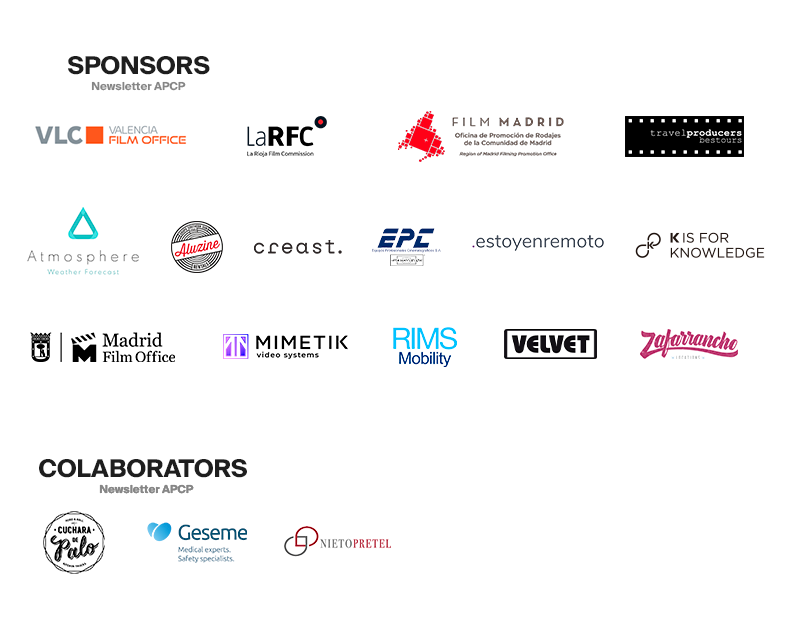
The European Commission has announced a new directive to commit companies to comply with international sustainability treaties and conventions. Based on what they call a “value chain”, companies will have to take responsibility for emissions of various kinds, depending on their scope.
Firstly, they will be responsible for determining and, if necessary, preventing, tackling or mitigating the adverse effects of their activity on indirect emissions (these being Scope 3 emissions) and not, as at present, only on direct emissions (Scope 1 emissions) and emissions from energy consumption (Scope 2 emissions). This means that advertising campaigns fall within this value chain and will therefore be required to take care of the carbon footprint.
Related to the latter, Creast takes an important step towards sustainability with the automation of the carbon footprint measurement and points out: “Although the New Directive is very clear about this, the measurement of the carbon footprint of the production cannot be done by the end customer or the advertising company. Even if they bear the cost, it will always be the production company that will have to invest time and effort in the tedious task of calculating the environmental impact which, as we have already seen, will be mandatory by law (from 2024 to 2028)”.

But it is not only filming that will be taken into account, but also events. Creast gives as an example its work within the hotel industry, specifically with the Meliá chain. However, this can be extrapolated to other industries.
The idea is to be able to create “carbon neutral” events, something that is particularly complex due to the number of celebrations that take place. The specialised company has the only calculator that complies with the European standard ISO 14067:2018 “Greenhouse gases. Carbon footprint of products”, which is one of the 5 calculators recommended by Green the Bid.
In this way, Creast confirms and assures its customers that they comply with the carbon footprint compliance without having to apply for any certificate of compliance with the European standard. In addition, it claims that its automatic carbon footprint model offers cost reduction, increased regulation on emissions, innovative proposals, relief for customer effort, labour avoidance and global success related to filming.
Finally, the New Directive sets out timelines for compliance: the Commission has decreed that EU member states will be given a deadline. These are set according to the size and turnover of companies, starting with the largest in 2024 and ending with listed SMEs in 2028.
An article by Claudia Cabezas, with the collaboration of Belén Garau.
Photography: Pexels.



